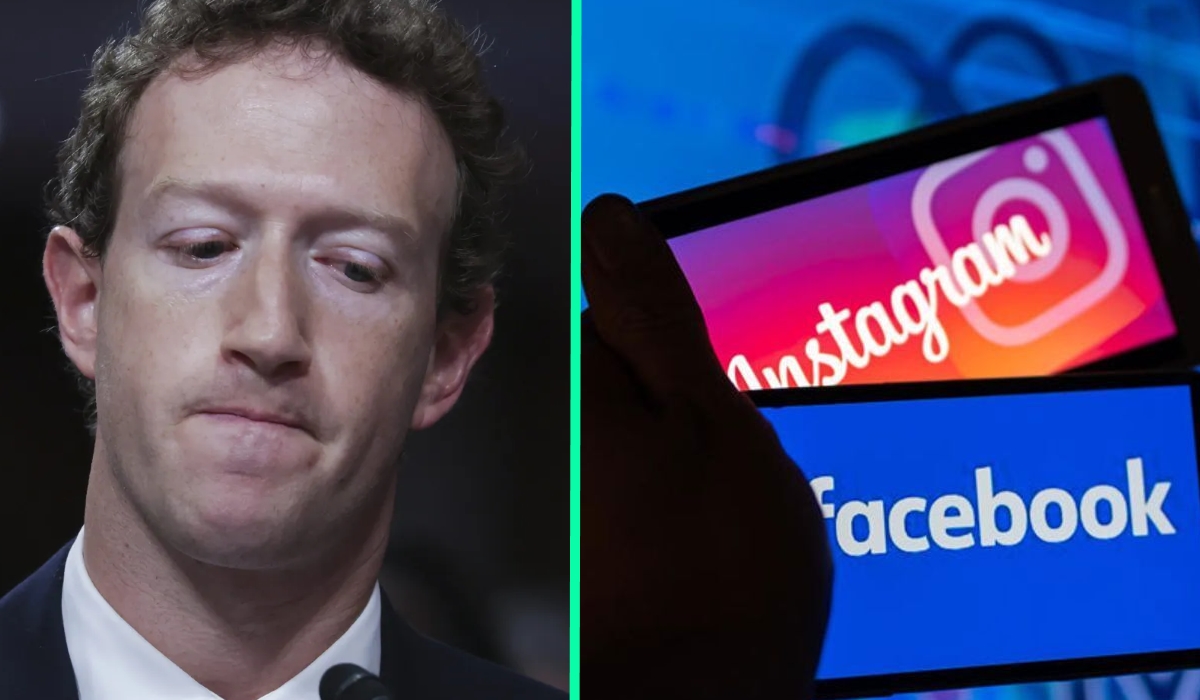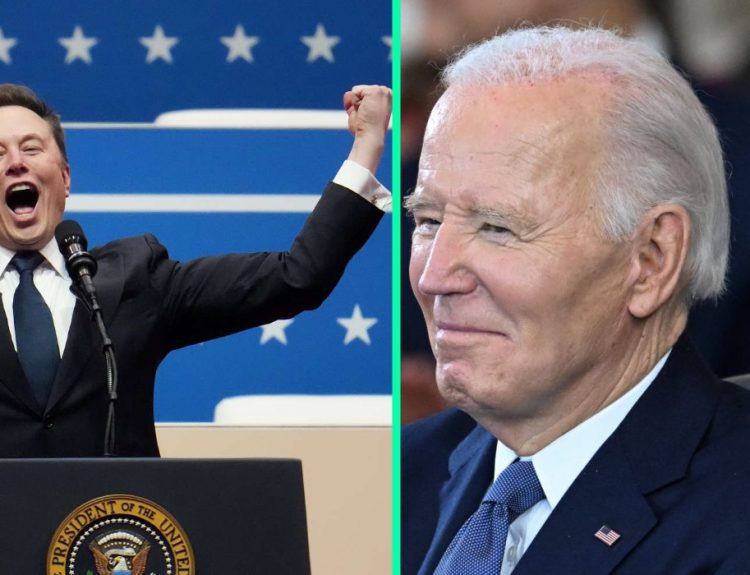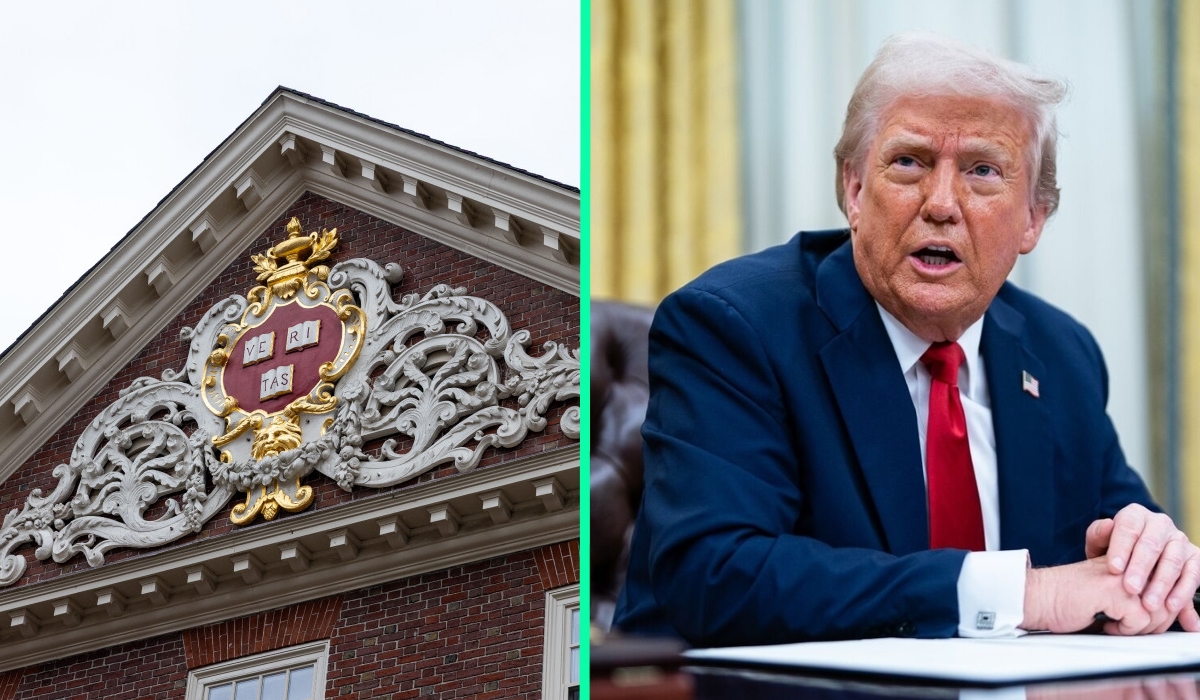Mark Zuckerberg may soon face a tech world earthquake—one that could force him to part ways with Instagram and WhatsApp. The CEO of Meta has long treated both platforms as pillars of his empire, but the legal ground beneath him is starting to crack. What began as whispers of antitrust concerns has now escalated into serious legal threats from regulators demanding a breakup.
The U.S. Federal Trade Commission is leading the charge, armed with evidence that paints Meta’s acquisitions as more than just savvy business. According to their argument, Zuckerberg’s purchase of Instagram in 2012 and WhatsApp in 2014 was a strategic move to eliminate rivals. In fact, a now-infamous leaked email from Zuckerberg included the phrase “it is better to buy than compete,” which has become a focal point of the government’s case.
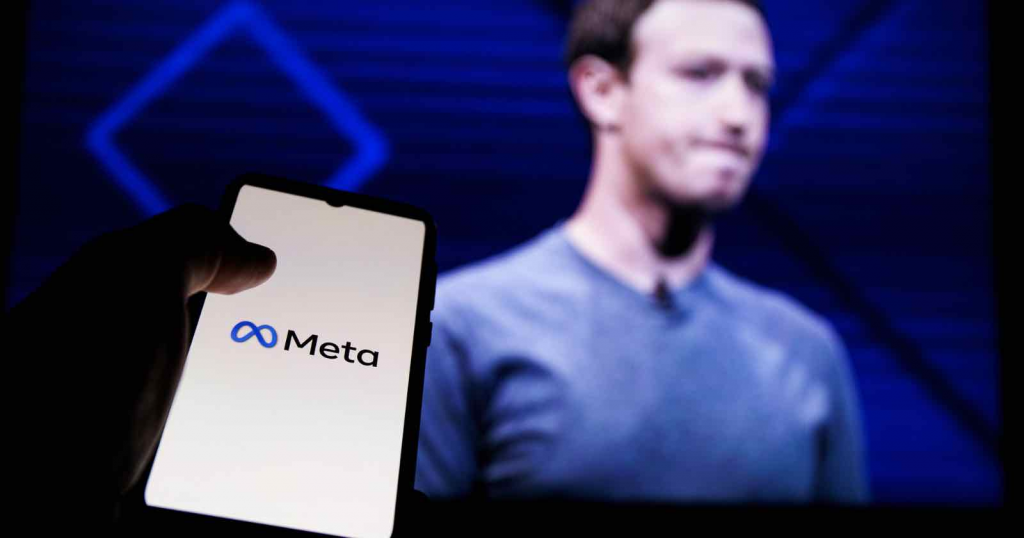
Beyond U.S. borders, the European Union has taken an aggressive stance on Big Tech monopolies. Meta is already facing heavy scrutiny for its data practices, and now the EU Commission is looking deeper into whether Instagram and WhatsApp have unfairly stifled competition. In some regions, breaking up the tech giant is no longer a far-fetched dream but a viable outcome being seriously considered.
According to Wall Street Journal reports, Meta’s legal team has been preparing for this possibility for months. Executives are being briefed on potential divestiture plans, and investors are quietly modeling how Instagram and WhatsApp would perform as standalone companies. Despite public denial, internal sources say the threat of a court-ordered breakup is taken very seriously.
The FTC alleges that Zuckerberg’s strategy was clear: dominate or eliminate. They cite examples like Instagram cloning Snapchat’s Stories feature, or Facebook Messenger copying WhatsApp’s encryption focus, as evidence of Meta’s attempt to box out innovation. A former employee told Bloomberg that the company’s unspoken rule was “if we can’t beat them, we’ll buy them and control the game.”
Regulators are focused on the ripple effects this monopoly has had on startups and consumer choice. A CNBC breakdown outlined how app developers have been boxed out by Meta’s dominance, with many new platforms dying off before they can scale. What’s worse, data privacy experts are warning that centralizing communication across three major platforms also creates dangerous vulnerabilities.
Meta has publicly pushed back, arguing that users benefit from shared features and seamless integration. However, a recent tweet from Senator Marco Rubio challenged that narrative, saying, “What they call convenience is really control.” This sentiment echoes a growing distrust of Meta’s role in shaping how billions communicate, shop, and consume news every day.
WhatsApp and Instagram were once separate, distinct apps with unique audiences and philosophies. Under Zuckerberg’s direction, however, they’ve increasingly become extensions of Meta’s larger ecosystem. A video analysis by CNBC Tech showed how WhatsApp’s branding has been altered to include “from Meta,” a move critics say is part of Meta’s push for uniform control.
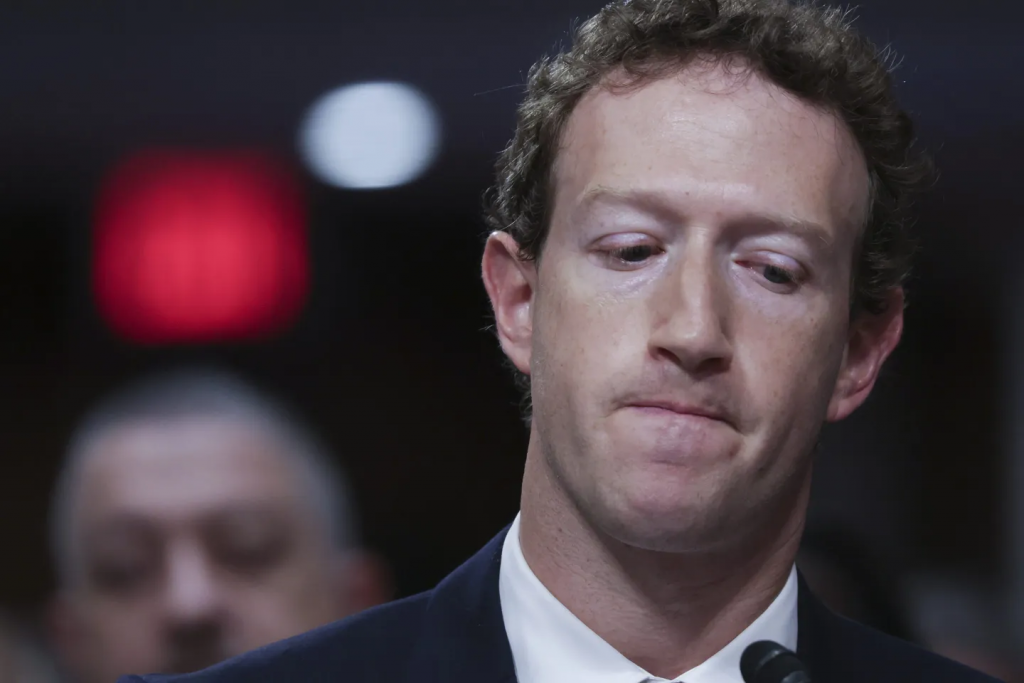
Tech analysts suggest this centralized ecosystem gives Meta unfair leverage. A tweet from Kara Swisher noted, “Meta isn’t just a tech company—it’s a digital empire. Breaking it up wouldn’t destroy it, it would return balance to the market.” Public sentiment seems to be shifting in favor of such action, especially as more people grow wary of Zuckerberg’s expanding influence.
Meanwhile, Silicon Valley is watching with anxiety. Startups and investors alike fear that if the case succeeds, it could trigger a new wave of tech regulation. But others, like antitrust lawyer Tim Wu, told The New York Times that it’s long overdue: “Meta’s chokehold on innovation is not sustainable. If left unchecked, it becomes impossible for new players to survive.”
Despite all this, Zuckerberg remains defiant. In public statements and internal memos, he maintains that Meta’s structure benefits users, not harms them. But those arguments are wearing thin in Washington. A recent Senate hearing on tech monopolies saw multiple lawmakers take direct aim at Meta, with calls to regulate or dismantle the company altogether.
Former Meta engineers have even spoken out. A whistleblower told NBC News that the goal behind the acquisitions was never innovation, but power. “We didn’t improve the platforms—we absorbed them, then rewired them to benefit Facebook first.”
The next few months could redefine what Big Tech looks like in the modern world. As the court battle heats up, regulators and the public will be watching to see if one of the most powerful CEOs in history will finally be forced to let go of the empire he built—one app at a time.
